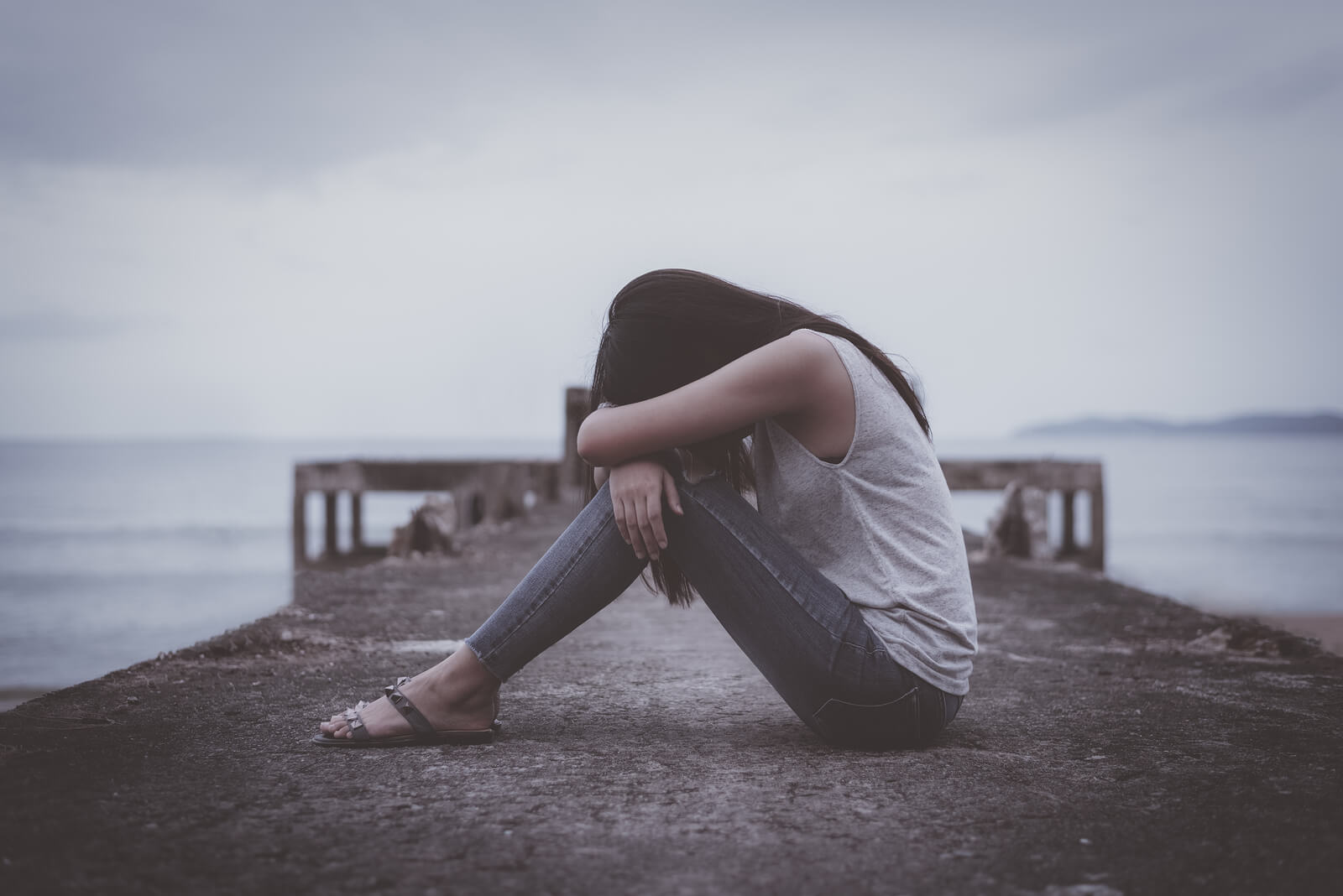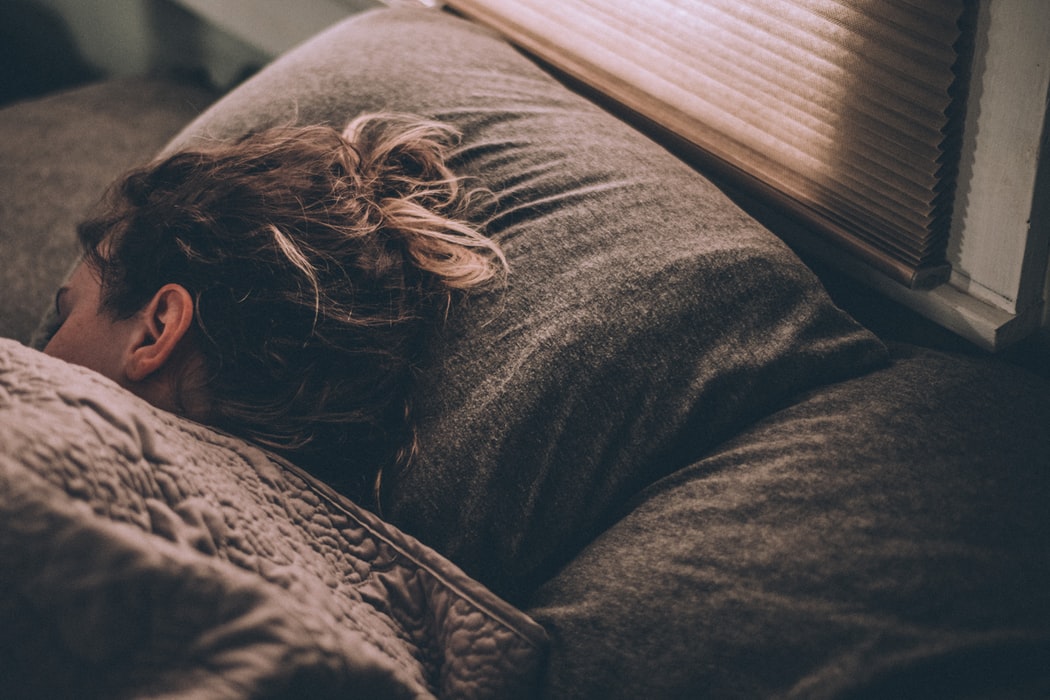
To those who have never experienced anxiety, the disorders that fall beneath this umbrella seem simple. Many people assume that anxiety is just a feeling of being worried all the time.
While one of the most common symptoms of anxiety is certainly a pervasive sense of worry and fear, there are many other side effects that accompany this affliction as well. Muscle aches, issues with maintaining healthy sleep patterns, and general irritability are just a few of the other ways that anxiety manifests in many sufferers regardless of the specific disorder.
With these kinds of life-altering symptoms at stake, there’s no question that anyone experiencing anxiety would rather not. In turn, the inevitable question that follows is: what causes anxiety?
The problem is, rooting out the precise cause of anxiety can be rather difficult, and there are a number of potential factors that lead to these disorders. In all likelihood, a person grappling with an anxiety disorder may be dealing with two or more underlying causes.
The Many Roads That Lead to Anxiety
There is no single cause of anxiety, and since each person is different and may have different reasons for their disorder. Still, the National Institute of Mental Health asserts that most anxiety disorders manifest due to a combination of genetic and environmental factors.
Essentially, this means that a child whose parents experience some form of anxiety is more likely to inherit one of these disorders than a child whose parents have never grappled with this issue, though this is a bit of an oversimplification.
While this first factor might seem a simple enough method of preparing for eventual anxiety, excessive trauma and stress are less concrete ways that anxiety can form, and even certain physical health disorders can lead to issues with anxiety. Not to mention, lifestyle factors are proving an increasingly common cause of anxiety.
Unpacking The Genetic Component
When it comes to heredity, there’s no question that “anxiety genes” really do exist, and they play a major role in a person’s predisposition for anxiety disorders, although this isn’t the same as actually inheriting the disorder.
Basically, duplication in a specific chromosomal region has shown a highly significant association with phobias and panic disorders, which are some of the most extreme anxiety disorders.
Likewise, studies of the serotonin transporter gene have shown similarly significant correlations with the appearance of anxiety. This means that a person’s likelihood of developing anxiety is more complicated than simply having a family history.
As genetic factors like these continue to be studied, it might eventually become possible to discern someone’s risk for an anxiety disorder before symptoms ever appear. Of course, this won’t prevent anxiety from manifesting, it will simply offer a heads up.

The Role of Trauma and Stress
Though researchers don’t have an incredibly clear picture of what sorts of trauma and stressors are most likely to lead to anxiety, it is clear that any negative emotions which fall under these umbrellas can trigger this effect.
This is rather troubling considering the fact that around 70% of U.S. adults have experienced a traumatic event at some point in their lives. An even larger proportion of adults have experienced chronic stress. When these environmental factors are not treated, they can spiral into anxiety disorders.
Trauma is an especially insidious root for anxiety disorders like PTSD (Post Traumatic Stress Disorder). PTSD is a particularly severe form of anxiety, and it is directly related to having experienced a traumatic event. Even if a person doesn’t develop PTSD as a result of trauma or continued stress, they can develop issues like Generalized Anxiety Disorder (GAD).
Lifestyle Factors Leading to Anxiety

For decades, researchers have known that anxiety disorders tend to co-occur along with substance abuse. Of course, this brings up a sort of chicken and egg question: does anxiety lead to substance abuse, or does substance abuse lead to anxiety?
It’s impossible to make a sweeping statement here, as every case is different, but it’s clear that substance abuse is likely to manifest along with anxiety, and so it must be considered a significant risk factor.
Some other, more innocuous lifestyle factors are known to have some bearing on anxiety disorders, too. Things like poor diet and sedentary activity levels can exacerbate symptoms of anxiety, and perhaps even spur them on in people who ordinarily wouldn’t have developed an anxiety disorder.
Treating Anxiety Regardless of Cause
Once an anxiety disorder has taken hold of someone, regardless of the cause, treatment is necessary in order to regain a more comfortable outlook on life. Unfortunately, around two-thirds of anxiety sufferers won’t seek treatment, but there are many different methods for mitigating these disorders available.
Sometimes therapeutic methods are enough to offer sufferers relief. Clinicians are able to help those dealing with an anxiety disorder retrain their minds to overcome unhealthy thought patterns. In addition to teaching coping strategies, a therapist may be able to help a patient talk through specific traumas to eliminate the cause of their disorder.
In other cases, medication is needed to effectively curb anxiety symptoms. There are a few types of medication commonly prescribed for anxiety disorders like SSRIs (Selective Serotonin Reuptake Inhibitors) and SNRIs (Selective Norepinephrine Reuptake Inhibitors), which are both non-addictive.
It can take several weeks for a medication to begin assisting with anxiety symptoms, but they’re mostly to get a person to a place where they can begin practicing different coping skills. Meditation and exercise are holistic methods that often prove very effective in treating anxiety.
There is no single answer to the question “what causes anxiety?” However, there is great hope for those who experience these disorders by receiving treatment. Contact Mission Harbor Behavioral Health to find a way through the fog of anxiety.
The facilities at Mission Harbor are staffed with trained experts to best assist patients with their mental health issues. We are capable of dealing with any and all cases with a licensed staff, equipment, and approved techniques. Our mission is to help those who want to help themselves, and we support your decision in seeking help.
Get Help Now
Alcohol addiction is extremely difficult to overcome on your own.. Seek specialized help and let professionals guide you in your recovery.

